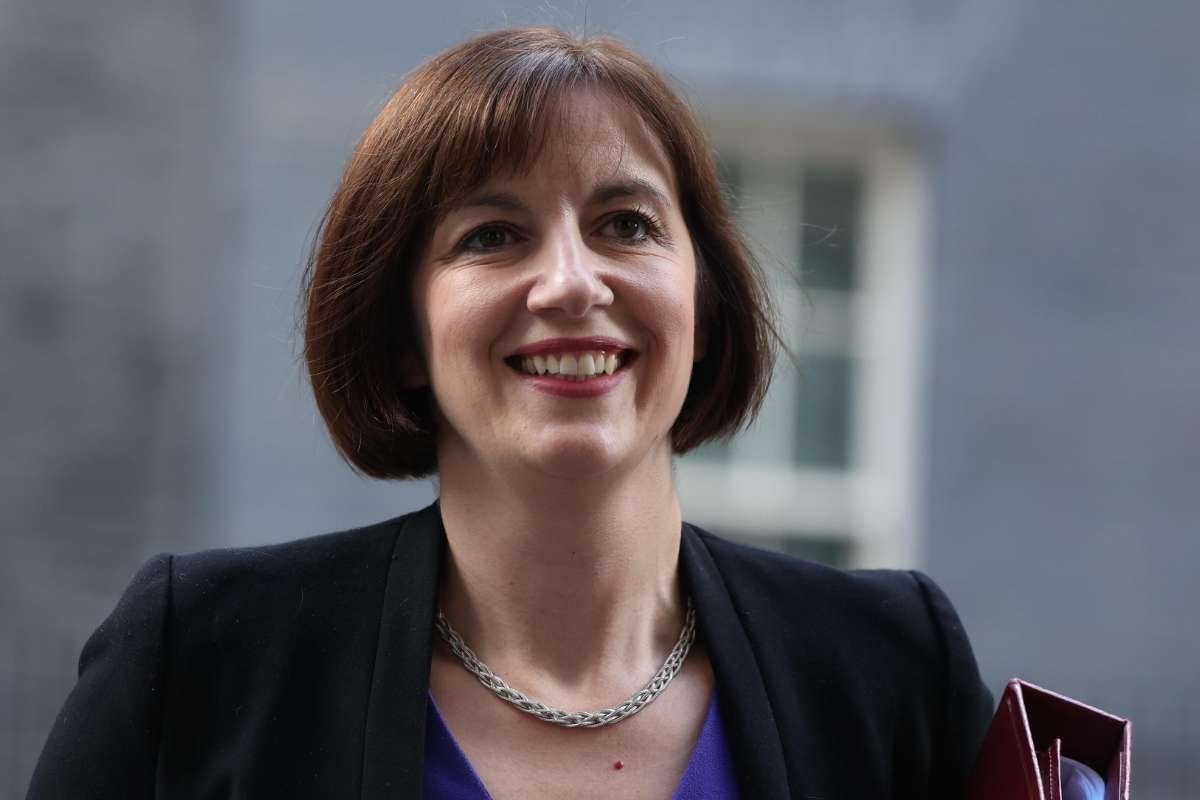Key Points:
- Phillipson: unity and continuity. Powell: independent and accountable.
- Phillipson: stability; Powell: grassroots focus.
- Voting 8–23 Oct will shape Labour leadership.
The contest to become Labour’s next deputy leader has opened with Education Secretary Bridget Phillipson and former shadow culture secretary Lucy Powell launching campaigns that highlight starkly different approaches to the role. Phillipson is pitching herself as a figure of unity and continuity, stressing that Labour must focus on shaping its future rather than revisiting internal disputes of the past. She argues that the deputy leader should be a partner to the leadership, capable of strengthening the party’s message ahead of the next general election.
Powell, who has stepped away from cabinet duties, is presenting herself as an independent voice within Labour. Her campaign pledges to speak candidly to senior leadership, including Keir Starmer, when needed, and to place accountability at the heart of her work. By promising to serve solely as deputy leader rather than combining the role with ministerial responsibilities, she has drawn a clear line of contrast with Bridget Phillipson’s dual-responsibility model.
Campaign Themes and Core Messages
Bridget Phillipson has framed her campaign around unity, hope, and experience. Having represented a constituency in England’s north-east, she emphasises her track record in winning difficult seats and working across party divides. She believes the deputy leader should reinforce the leadership team while showcasing Labour’s credibility in government. Her argument centres on the idea that the party must avoid divisive introspection and instead project competence, stability, and optimism to the public.
Powell, meanwhile, is making the case for a deputy who listens to members and is unafraid to challenge leadership when necessary. Representing Manchester Central, she has highlighted the dual political pressures Labour faces—from right-wing parties in former industrial areas and from progressive parties in urban centres. Powell argues that the party requires a bold, forward-looking narrative that speaks to both constituencies. For her, the deputy leadership is not just about supporting the leader but ensuring a strong connection with the grassroots and giving voice to concerns that might otherwise go unheard at the top.
Next Steps in the Contest
Both candidates must now secure nominations from constituency parties and affiliated organisations to proceed in the race. A key moment will come at the Labour conference later this month, where hustings will test their messages in front of activists and party members. Voting will open on 8 October and close on 23 October, with the result scheduled for 25 October.
The outcome of this contest could reshape the balance within Labour’s leadership. Bridget Phillipson offers continuity and a deputy who reinforces the party’s existing direction, while Powell proposes a more independent figure willing to scrutinise leadership decisions. Party members will ultimately decide whether they prefer a deputy aligned closely with government responsibilities or one who acts as a counter-voice within Labour’s top team.









